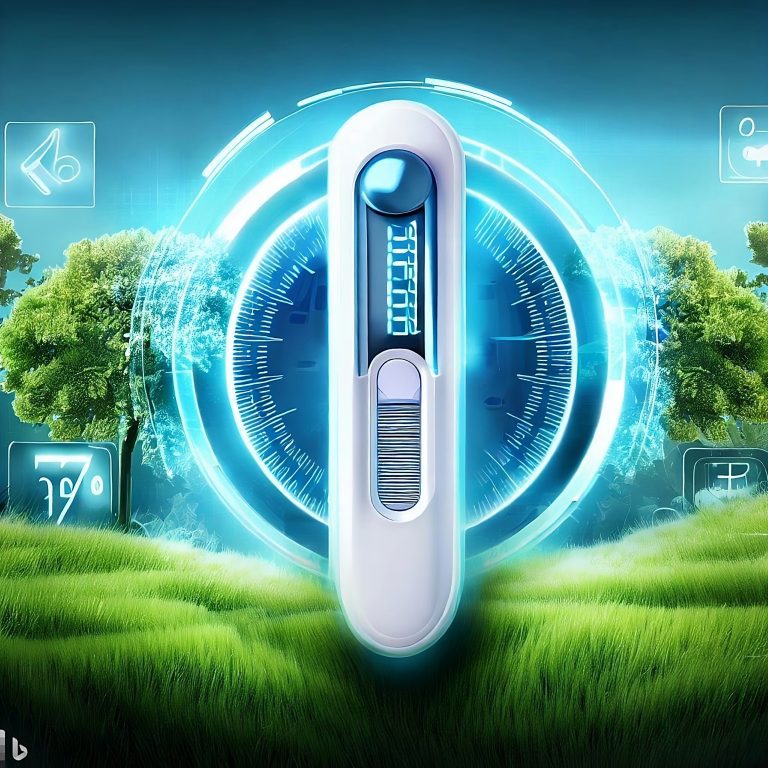As the world grapples with the challenges of climate change and the need to reduce our reliance on fossil fuels, artificial intelligence (AI) is emerging as a promising solution to help accelerate the transition to sustainable energy. This blog post aims to explore how AI can play a role in addressing sustainability challenges, particularly in the sustainable energy sector, and the potential benefits it can bring.
The Problem with Fossil Fuels:
The International Energy Agency has reported that 75% of global CO2 emissions from energy production come from burning fossil fuels. Furthermore, the International Panel for Climate Change (IPCC) has stated that the energy sector accounted for 41% of emissions in 2020. These figures highlight the urgent need to move away from fossil fuels and towards renewable and clean energy sources.
The Pros and Cons of Sustainable Energy:
Sustainable energy sources, such as solar, wind, and hydro power, offer numerous benefits compared to fossil fuels. They are abundant, have lower operating costs, produce less pollution, have a low carbon footprint, and create new job opportunities. However, there are also challenges associated with sustainable energy, such as the upfront costs of building renewable energy plants, the intermittent nature of some sources, limited availability in certain regions, and potential environmental impacts.
The Role of Artificial Intelligence (AI) in Sustainable Energy:
AI can play a significant role in addressing the challenges of sustainable energy. With its ability to process vast amounts of data, AI can help improve load balancing, climate modeling, and energy consumption prediction. Machine learning, a subset of AI, can also be used to analyze large datasets to identify patterns and trends, enabling better decision-making and more accurate predictions.
Case Study: Smart Thermostats
The impact of climate change on energy demand and consumption is becoming increasingly apparent. As temperatures rise, so does the need for air conditioning, and as winters become colder, heating requirements also increase. AI can help utilities predict and manage these fluctuations in demand, ensuring that energy is generated and distributed more efficiently.
The benefits of smart thermostats and other energy-saving strategies are also noteworthy. By installing a smart thermostat, homeowners can reduce energy consumption and save money on their energy bills. Using AI embedded in these smart thermostats to optimize energy use in households and businesses can lead to significant cost savings and reduced environmental impact.
Preparing the Next Generation for a Career in Sustainable Energy:
Educational institutions play a crucial role in preparing the next generation for careers in sustainable energy. By offering programs and courses focused on renewable energy technologies and AI, universities and technical institutes can equip students with the skills and knowledge needed to succeed in this rapidly growing field.
Conclusion:
AI has the potential to play a significant role in accelerating the transition to sustainable energy solutions. By addressing the challenges associated with renewable energy sources and improving efficiency in both generation and consumption, AI can contribute to a more sustainable future for all. As individuals, we can also take small steps towards a more sustainable lifestyle by adopting energy-saving strategies and supporting the development of AI and sustainable energy technologies.
More Information
Watch the podcast below to explore how AI can achieve energy sustainability.
Next Steps
Round Table Environmental Informatics (RTEI) is a consulting firm that helps our clients to leverage digital technologies for environmental analytics. We offer free consultations to discuss how we at RTEI can help you.


